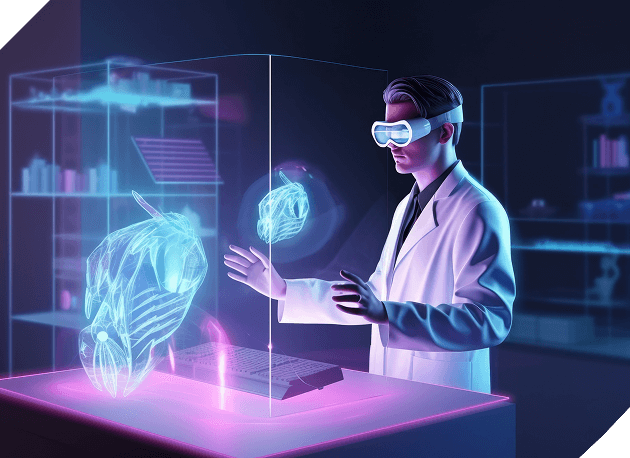Artificial Intelligence (AI) is transforming every major industry—and healthcare is no exception. From early disease detection to personalized treatment plans, AI holds the promise of improving patient outcomes while reducing costs and inefficiencies.
But along with the excitement comes a fair share of complexity. Ethical concerns, data privacy issues, and implementation barriers raise important questions about how AI should be used in healthcare—and who gets to benefit.
In this blog, we’ll explore both the opportunities and challenges AI presents, and what the future may hold for this rapidly evolving field.
🔍 Opportunities: What AI Can Do for Healthcare
1. Early Diagnosis and Predictive Analytics
AI can analyze vast amounts of medical data faster than any human. With the right algorithms, it can spot patterns in imaging scans, lab results, and patient histories to detect diseases like cancer, diabetes, or heart conditions—sometimes even before symptoms appear.
Example: Google’s DeepMind AI achieved expert-level accuracy in detecting over 50 eye diseases from retinal scans.
2. Personalized Medicine
By analyzing genetic profiles, lifestyle data, and previous health records, AI can help create highly personalized treatment plans. This means fewer trial-and-error prescriptions and more effective care.
Example: AI models are helping oncologists tailor chemotherapy plans based on a patient’s unique tumor markers.
3. Medical Imaging & Diagnostics
AI-powered tools like computer vision are revolutionizing medical imaging. They can assist radiologists in identifying anomalies in X-rays, MRIs, and CT scans with incredible speed and precision.
Example: IBM Watson and other AI tools are being used to flag potential tumors in scans, reducing diagnostic error rates.
4. Operational Efficiency
Hospitals can use AI to streamline administrative tasks like scheduling, billing, and resource management, freeing up time for doctors and nurses to focus on patient care.
Example: Chatbots and virtual assistants help manage patient inquiries, appointment booking, and basic triage.
5. Drug Discovery and Development
AI accelerates the drug development process by predicting how different compounds interact with disease-causing proteins—cutting years off traditional research cycles.
⚠️ Challenges: What Stands in the Way?
1. Data Privacy and Security
Healthcare data is incredibly sensitive. AI systems need access to large datasets to learn effectively, but protecting patient privacy and complying with regulations like HIPAA and GDPR is a serious concern.
2. Bias and Fairness
AI is only as good as the data it’s trained on. If datasets lack diversity, AI systems may deliver biased results—potentially misdiagnosing or excluding certain groups from effective care.
Example: Studies have shown that some skin cancer detection algorithms perform poorly on darker skin tones due to a lack of representative training data.
3. Lack of Transparency (Black Box Problem)
Many AI models, especially deep learning ones, are complex and difficult to interpret. If a doctor can’t understand how a model made a recommendation, it can be hard to trust it fully.
4. Integration with Existing Systems
Hospitals often use outdated or incompatible IT systems. Integrating AI smoothly into clinical workflows without disrupting care is a significant technical and organizational hurdle.
5. Regulatory and Ethical Uncertainty
There are no global standards for AI in healthcare yet. As a result, it’s unclear how algorithms should be validated, who is liable for AI-driven decisions, or how to ensure equitable access to these technologies.
🚀 The Road Ahead
The future of AI in healthcare isn’t just promising—it’s inevitable. But to unlock its full potential, we must:
- Invest in diverse, high-quality data collection
- Build transparent, explainable AI systems
- Prioritize patient privacy and informed consent
- Ensure equitable access across populations
- Collaborate across tech, healthcare, and policy sectors
Done right, AI won’t replace doctors—it will empower them.
🩺 Final Thoughts
AI is set to redefine what’s possible in medicine, from faster diagnoses to fully personalized treatments. But it must be implemented thoughtfully, with a focus on ethics, transparency, and inclusion.
Healthcare isn’t just a sector—it’s about people’s lives. And the future of AI in this space should always reflect that.

